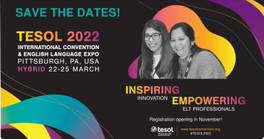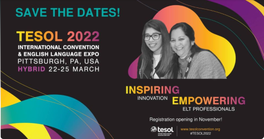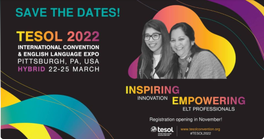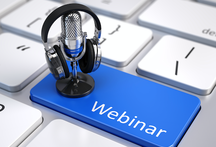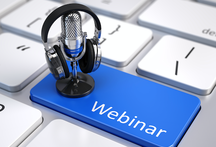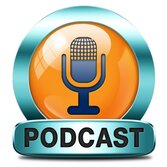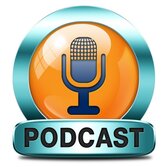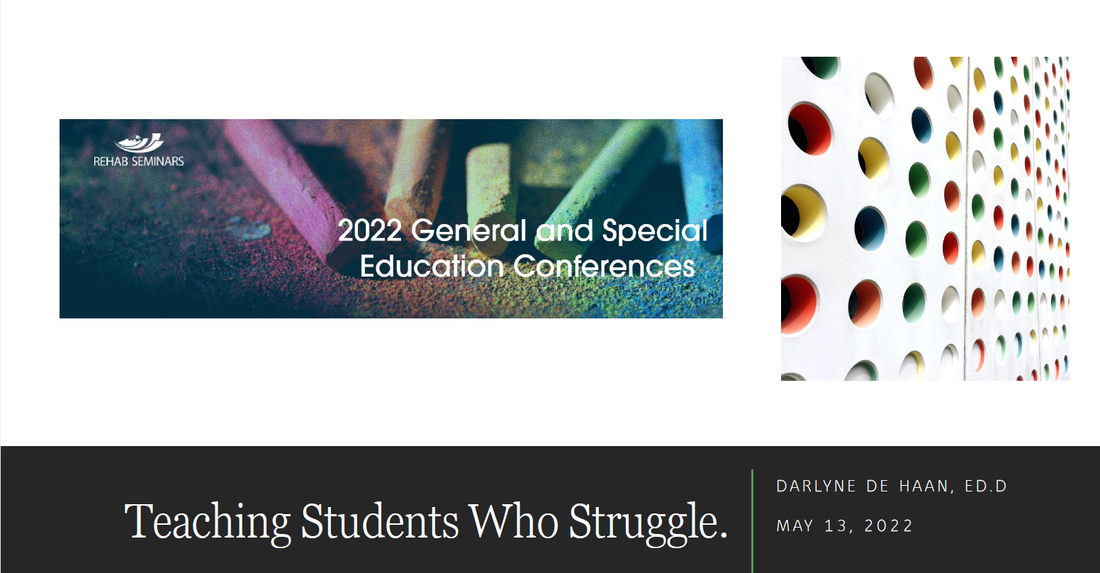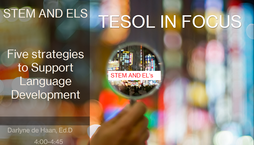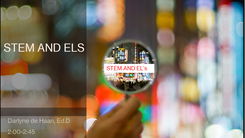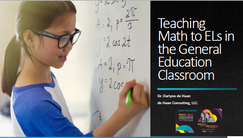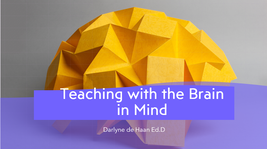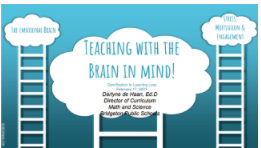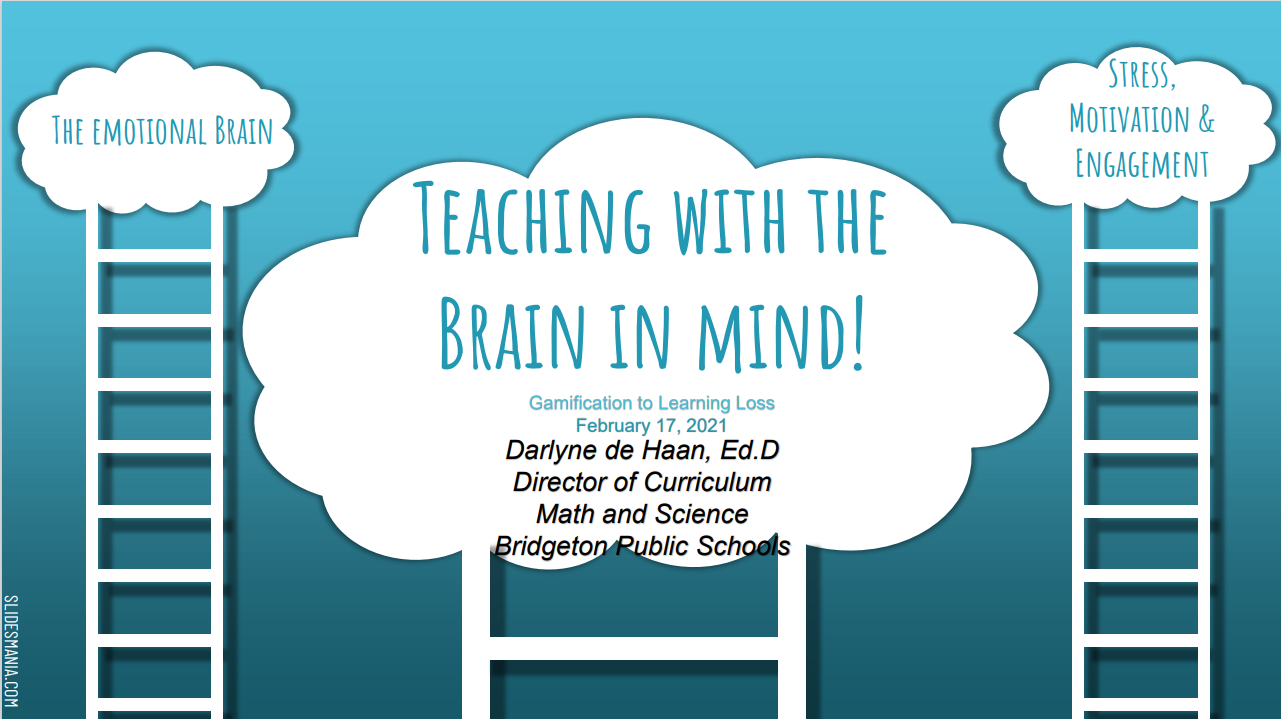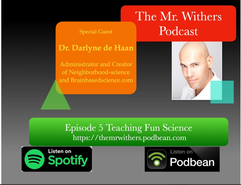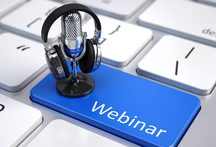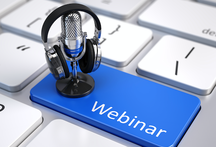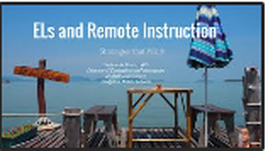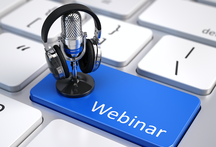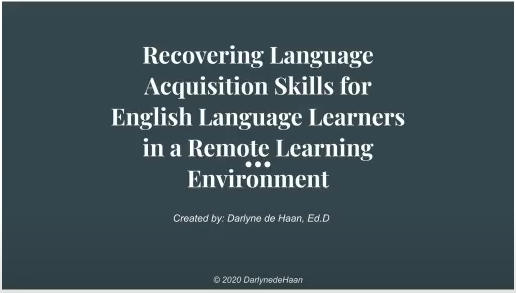Brain Tips, Brain Bursts & Webinars/Professional Development/Podcasts
Videos are uploaded every week!
Be sure to join our mailing list for all the video resources!
Click here.
Be sure to join our mailing list for all the video resources!
Click here.
Brain Tips 1.0
|
|
An introduction to Brain Tips 1.0, The Goldilocks Syndrome, and the brain's desire for pleasure.
|
|
|
Dr. d discusses how the brain is a primitive and emotional brain and how that impacts student behavior and learning.
|
|
|
Dr. d discusses Growth Mindset vs Fixed Mindset
|
|
|
Dr. d discusses memory, Neuroplasticity, Universal Design for Learning (UDL), and learning styles.
|
Brain Tips 2.0
|
|
Teaser: Dr. d begins the second phase of Brain Tips called, Brain Tips 2.0, with this teaser in anticipation of the Nov. 2, 2020 release of Brain Tips 2.0 by discussing the importance of the brain structure-RAS, which is an integral part of students managing their behavior and being able to identify and label their emotions in an effort for them to use strategies to control themselves, increase their self-awareness, and understand that they can be in control of their actions and reactions.
|
|
|
Episode 1-The R.A.S Our Focus Center:
Brain Tips 2.0 Returns for it's second season starting with the discussion of the RAS! Dr. d discusses the Reticular Activating System (RAS), what it is, why we hear our name in crowded rooms, why a mother can hear her baby cry when no one else can, how the RAS is the center for focus and learning, and how this impacts what students learn and do not learn. |
|
|
Episode 2: "SELEBRATE" The Brain:
"SELEBRATE" is a phrase coined by Marilee Sprenger from her book, Social Emotional Learning and the Brain. It stands for "Social Emotional Learning Elicits Brain Responses Appropriate to The Experience". Dr. d discusses how to we can gain some control before the Amygdala (emotional filter) takes over. |
|
|
Episode 3: Teachers: Guardians of the Classroom Environment!
Dr. d discusses how to create that safe, warm environment remotely, Syn-Naps, and strategies, with an emphasis on EL (English Language Learners) students. Resources: For all video resources, join the email list on the Contact Page or click here. |
|
|
TEASER for Episode 4
Dr. d poses a question prior to Episode 4! What is your thought, and will you agree with Dr. d's reasoning? |
|
|
Episode 4: Relationships and The Brain
Dr. d discusses the "why" behind the importance of Teacher-Student Relationships and why that relationship can lead to academic success or academic distress. Dr.'s Maslow, Bloom and Lieberman are also discussed and Dr. d explains who she feels is more in tact with student academic success. Resources: For all video resources, join the email list on the Contact Page or click here. "If/Then" Statements Chart for positive ways to respond when addressing situations. Click here Strategies for Building Teacher-Student Relationships. Click here |
|
|
Episode 5: Student to Student Relationships
Dr. d discusses Student to Student Relationships, its importance in student achievement and why the brain craves them! For all video resources, join the email list on the Contact Page or click here. |
Brain Tips 3.0 - Tips for English Learners debuts!
|
|
3D Word Problems for English Learners and Struggling Students
Dr. d adds to her ELLs and The Brain Series by demonstrating how to visualize word problems so that all students, regardless of their level of Language Proficiency, can learn, participate and demonstrate their understanding. EPISODE 3.0 HAS LAUNCHED! ELLS AND THE BRAIN
Dr. d starts this series off with an explanation of TESOL International Association's 6 Principles of Exemplary Teaching of ELs. This will lend itself into the remaining 6 videos on the EL brain and the best instructional practices that align with the brain and how 2nd languages are learned. Teaser #3! for Brain Tips 3.0: ELLs and the Brain.
April 15, 2021 Dr. d makes a confession as to why this series is so near and dear to her and how this series connects to STEM and what we need to do to make sure the STEM field is representative to the population in which we live. Teaser #2 for Brain Tips 3.0: ELLs and the Brain.
April 15, 2021 Dr. d explains why this is going to be a series you don't want to miss! Teaser for Brain Tips 3.0.
COMING APRIL 15, 2021! Dr. d discusses the focus of Brain Tips 3.0 which will be specific to English Language Learners. Dr. d reminds everyone of the topic for Brain Tips 3.0 -English Language Learners and the Brain, and the Brain Burst topic of How Memory is developed!
|
Brain Bursts (InfoVideos)- Explanations in 2 minute or less!
|
|
Memory: Anxiety and How to Increase Memory Outcomes
Dr. d continues the Brain Science series discussing anxiety and how to create a brain friendly classroom that uses errors as incentives to achieve and why students' memory actually improves when they understand that errors are an important part of learning. sources: National Geographic-Memory-What it is, How it Works, and Ways You can Improve it. Video: Amygdala explained in 2 minutes. Video: Memory-The Amygdala-Prefrontal Cortex Connection is Crucial |
|
|
Nomophobia: In this Brain Bursts from Brainbasedscience.com, Dr, d explains Nomophobia, what it is, how it is brain related, and why it exists. Dr. d also introduces the Gamification Series beginning January 31, 2021 and how it can improve student engagement and retention. |
|
|
The "Brains" behind Brain Bursts and Brain Tips!
Dr. d discusses why she created Brain Tips and Brain Bursts! and how they can help you improve your SEL, Instruction and increase your self-efficacy as an educator and a person. |
|
|
Memory and The Hippocampus
This is the 1st Brain Burst Video for the Unit on Memory. This unit introduces the Hippocampus and reviews the filters; Amygdala and Reticular Activating System. Source: Ignite Student Learning by Dr. Judy Willis and Malana Willis. |
|
|
Storytelling and the Brain: Dr. d visually explains how storytelling is instrumental in student engagement and retention of information taught. Storytelling is not limited to English class, but also math and science! |
|
|
Alexithymia is also known as "Emotional Blindness". Dr. d explains, in under 1 minute, what it is, and what you can do to work with people who may have this condition which occurs in approximately 8% of males and 2% of females. Work cited from: Marilee Sprenger's Book: Social Emotional Learning and The Brain. RESOURCES: Click here for information from Scientific American. Click here for information from Medical News Today. |
Webinars, Professional Development & Podcasts
Access to download presentations is available for 30 days from presentation date.
After that you must contact me to request copies of the presentations.
Please click here to request a copy.)
|
|
2022 General and Special Education Conferences: Teaching Students Who Struggle. Dr. d discusses how the Brain is the center for all learning. Participants learn about the Brain, Instructional Planning according to the Brain, Culturally Responsive Teaching and the Brain, and how to incorporate the video game model in the classroom. Due to the file size, please click here to request the presentation to be emailed to you directly.
Conference: ELs in STEM: 5 Strategies for Language Development for the Gen. Ed Teacher of ELs.
Dr. d discusses effective strategies and that every gen. ed teacher should know when teaching Els and non ELs in the STEM classroom. Conference: TESOL IN FOCUS-ELs and STEM
Dr. d discusses how to effectively facilitate learning in their STEM classroom to support language development and literacy simultaneously. Conference: Teaching Math to ELs in the General Education Classroom: Dr. d discusses creating differentiated word problems and editing word problems based on cognitive demand and contextual support that will increase the potential for ELs' academic literacy in math and reduce linguistic difficulties.
Professional Development: The Brain, Instruction and Student Achievement.
This workshop will delve into the brain and how it greatly impacts instruction, perception, and mindset. The Goldilocks Syndrome and it's connection to the Video Game Model will be explored. This workshop also encourages educators to rethink instructional practices and teach in a way that video games are designed. Download here. Webinar: Teaching with the Brain in Mind v.1
Dr. d explains the Brain and how it greatly impacts instruction, perception, Mindset, and how the Goldilocks Syndrome drives the Video Game Model and why we need to rethink our instruction in the same way video games are designed. Webinar: Dr. d discusses Teaching with the Brain in Mind: v.2
This workshop discusses the brain and how it greatly impacts instruction, perception, and mindset. The Goldilocks Syndrome is discussed and how it connects to the Video Game Model which is something we as educators should think about for it will cause us to rethink our instructional practices and design them with the way video games are designed. PODCAST: Teaching Fun Science Among Other Things is here!
The Mr. Withers Podcast with Matt Withers where we discuss STEAM, science education, teaching during a pandemic, and more! PODCAST: Monday, November 2, 2020 PODCAST
The Empowerment Perspective Group Podcast Dr. d discusses English Language Learners, teaching during the Covid-19 pandemic and how to engage students, especially the most vulnerable during this time. Click here to learn more about the Empowerment Perspective Group. |
|
|
Webinar: ELs and Remote Instruction-Understanding Language Acquisition Part 1
This is presentation is on understanding the working memory, the stages of language acquisition and how Cummins' Quadrant can help provide a clearer direction on how to differentiate instruction for ELs in the general education classroom. . |
|
Webinar: Remote Instruction and Recovering Language Skills:
All of our students have been challenged by the recent public health crisis - our English Language Learners (ELLs) are no exception. To best prepare our teachers to support this particular population, F Jones Consulting & Team is delighted to present a workshop led by guest speaker, Darlyne de Haan. |


